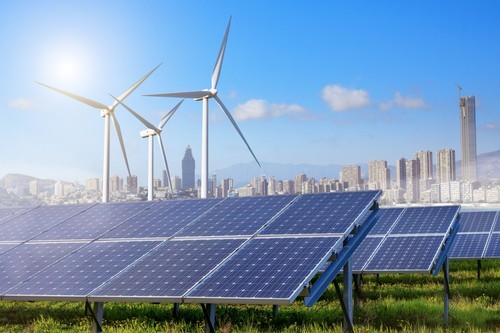Investing into green bonds – IIB as an environmentally responsible development institution

The International Investment Bank (IIB), in accordance with its mission as a multilateral development institution and its Corporate Social Responsibility Policy, expands financing of projects related to improvement of global ecological footprint and environmental protection in its member states. For this purpose, in 2016 the Bank began forming a “green” portfolio of securities.
This year, the IIB has acquired high quality green bonds issued by leading financial institutions under corresponding programmes. The issuer will use the raised funding in order to finance projects in the area of energy efficiency and renewable energy, reduction of greenhouse gas emissions and introduction of advanced technologies for waste disposal and recycling.
As of April 28, 2016, IIB’s “green” portfolio already amounts to EUR 32 million or 10% of its overall securities portfolio. The Chairman of the IIB Board, Nikolay Kosov, said that “purchase of green bonds is a new area of the Bank’s investment activities under its treasury operations, which confirms IIB’s status as a socially and environmentally responsible, “green” international development institution.”
The IIB is aware of its activities’ impact on the environment, paying special attention to the support of environmental initiatives. “This is about the development, with the Bank’s assistance, of clean technologies, resource-saving, mitigation of global climate change and environmental protection on the territory, most importantly, of the member states”, – stressed N. Kosov. “Also in relation to our financing decisions, the Bank evaluates environmental and social risks, and determines the practical significance of projects in terms of their environmental and social impact in accordance with the guidelines approved last year.”
Relaunched in 2012, the IIB has joined the largest international initiative in the field of sustainable development – UN Global Compact. Last year, the Bank also provided grants for programmes protecting rare animal species in Mongolia and Vietnam. It cooperates in this area with such organisations as the WWF.
The Bank intends to further promote the principles of environmental responsibility among partners and clients, as well as to continue improving its internal regulatory documents focused on ecologically safe support for the development of the member states’ economies.


